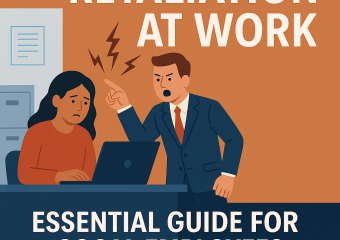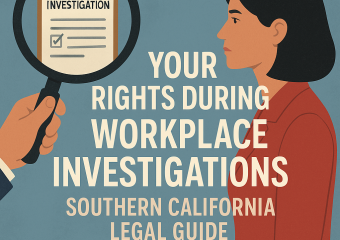Contract Breach: Top Strategies for Effective Resolution
Broken Promises: What to Do When a Contract Is Breached
Broken promises in a business or personal context often lead to feelings of mistrust, disappointment, and complex legal disputes. When agreements are formalized into contracts, each party expects the other to fulfill their obligations as stated. However, breaches occur, and when they do, it’s crucial to know how to handle them effectively and legally. This article guides you through the steps to take when facing a contract breach and how to seek rectification and compensation.
Understanding Contract Breach
A contract breach occurs when one or more parties involved in a legally binding contract fail to honor their commitments without a valid legal excuse. The breach can be categorized as minor or major, depending on how severely the violation affects the contract’s intended outcome. Identifying the nature of the breach is crucial, as it determines the course of legal action and potential remedies.
Assess the Type and Impact of the Breach
Before you can address a contract breach, it’s important to understand the type of breach and its consequences. Breaches can be classified in several ways:
-
Material Breach: This seriously harms the aggrieved party and defeats the purpose of the contract, providing grounds for seeking damage claims or contract termination.
-
Partial Breach: A less severe breach where the major contract goals are still achievable. Compensation may be claimed, but the total contract isn’t typically voided.
-
Anticipatory Breach: Occurs when one party indicates in advance that they will not fulfill their contract duties.
-
Actual Breach: When one party refuses to completely fulfill their obligations as promised by the contract terms, either by performance that is substandard or delayed.
Assessing the impact involves determining how the breach has affected your business operations or personal circumstances. It’s useful to document every aspect in which the breach has caused a deviation from the contract’s terms, including any financial losses or other damages incurred.
Legal Steps to Address a Contract Breach
Gather Documentation
Compile all relevant documents that pertain to the contract and the breach. This includes the original contract, correspondence, and any records of performance throughout the contract term. These documents will support your claims and provide clear evidence of where the obligations were not met.
Communicate with the Other Party
Often, a direct and professional communication can resolve a breach without the need for legal action. Reach out to the breaching party to discuss the issue and potential resolutions. Sometimes, it may simply be a misunderstanding or an external factor that could be settled by mutual agreement to amend the terms or timeline.
Explore Alternative Dispute Resolution Methods
Consider mediation or arbitration as alternatives to court proceedings. These methods often provide a quicker, more cost-effective, and less adversarial solution. Both parties participate voluntarily and can often reach a negotiated resolution with the help of an unbiased third-party mediator or arbitrator.
Take Legal Action
If other resolution methods fail, it might be necessary to file a lawsuit. Contact a lawyer who specializes in contract law. They can provide guidance based on the specifics of your contract and the breach, including what compensation you may be entitled to and what court actions to pursue.
Preventing Future Contract Breaches
While dealing with a contract breach after it occurs is essential, taking steps to prevent such situations can save much time, resources, and professional relationships. Here are a few preventative strategies:
- Clear and Detailed Contracts: Ensure that all contracts are clear, detailed, and cover potential areas of dispute.
- Regular Reviews: Engage in regular reviews of contract terms and performance with all involved parties to ensure ongoing compliance and to address any concerns before they lead to a breach.
- Legal Consultation: Before finalizing any agreement, consult with a legal expert to verify that the contract is enforceable and protective of your interests.
Conclusion
When confronted with broken promises in a contractual agreement, taking measured, informed steps is crucial. By understanding the type of breach, its impact, and your legal options, you can effectively handle these challenging situations and work toward a favorable resolution. Protecting your interests and sustaining professional relationships requires both careful contract crafting and vigilant management.




